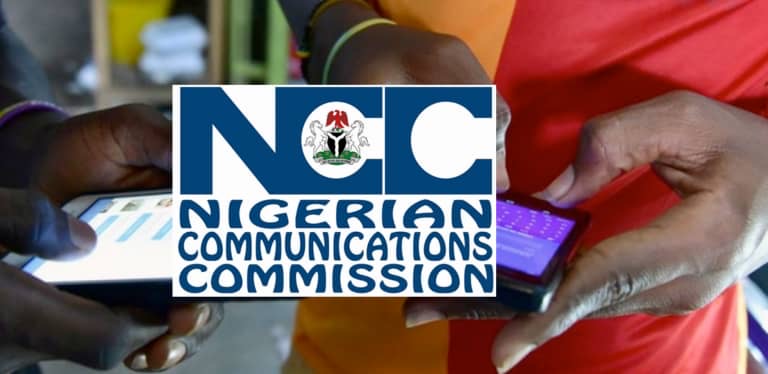NCC To Auction 5G Spectrum In Q4 2021
 Nigerian Communications Commission (NCC) will auction 5G spectrum by the fourth quarter of 2021.
Nigerian Communications Commission (NCC) will auction 5G spectrum by the fourth quarter of 2021.
Executive Vice-Chairman (EVC) of NCC, Prof. Umar Danbatta, disclosed this on Thursday during a conference on “Multidisciplinary engineering and applied sciences” at Nile University, Abuja.
He said for the process of the allocation, auctioning, assigning and commercialisation of 5G spectrum to be seamless and successful, government must provide the enabling environment.
Danbatta was represented at the event by the NCC Director of Technical Standard, Bako Wakil.
He said;
The federal government will provide an enabling environment for 5G deployment, but the MNOs (mobile network operators) will determine their own deployment strategies subject to alignment to the approved polices and other regulatory instruments in force.
Securing spectrum for 5G is an antecedent for any operator to commit serious investment to 5G infrastructure. This makes it imperative for the spectrum allocation and assignment process to be concluded as early as possible.
In this regard, Danbatta said the following timeline is proposed as optimal in the policy document: 5G Spectrum Allocation (Q2 2021); 5G Spectrum Auction (Q4 2021); 5G Spectrum Assignment (Q1 2022); and commercialisation of 5G Spectrum (Q4 2022).
He stated that the federal government will provide an enabling environment for 5G deployment, but stressed that the MNOs will determine their own deployment strategies subject to alignment to the approved polices and other regulatory instruments in force.
Securing spectrum for 5G, Danbatta pointed out, is an antecedent for any operator to commit serious investment to 5G infrastructure.
He explained;
This makes it imperative for the spectrum allocation and assignment process to be concluded as early as possible. In this this regards.
Danbatta noted that researches and tests had been carried out on the hazardous impact of electromagnetic emissions from 5G and that they are far below the minimum required standard.
He further noted;
The plan to deploy 5G technology creates the need for the study of the electromagnetic radiation levels which would be generated by the 5G infrastructure.
These tests were conducted in accordance with the International Commission on Non-lonizing Radiation Protection (ICNIRP) Guidelines for general public exposure to time varying electromagnetic fields. The results of the test show that radiation from 5G infrastructure is far below the ICNIRP specification for protection of members of the public and therefore suggest that no public health hazards are expected from the use of 5G in Nigeria.
According to him, scientific evidence from studies carried out by Institute of Electrical and Electronics Engineers (IEEE), United Nations Environment Programme (UNEP) and World Health Organization (WHO) showed that exposure to radio frequencies are safe and does not cause or initiate the occurrence of cancer.
He expressed the belief that 5G will digitalise Nigeria and greatly impact on the economy.
5G revolution, Danbatta argued, will transform the nation and the economy digitally and become a developmental revolution as well as digital transformation tools, reaching out and bringing benefits to everyone everywhere.
He observed that 5G is indeed a catalyst for digital transformation in Nigeria and around the world.
Earlier in his remarks, the Vice-Chancellor, Nile University Nigeria, Prof. Osman Nuri Aras, explained that the aim of the conference was to provide an enabling platform for researchers, professionals and students in the industry, across various fields in engineering and applied sciences to share their current research works and exchange ideas.
Aras noted that this will form a collaboration for the advancement of knowledge, technology and multidisciplinary research.
